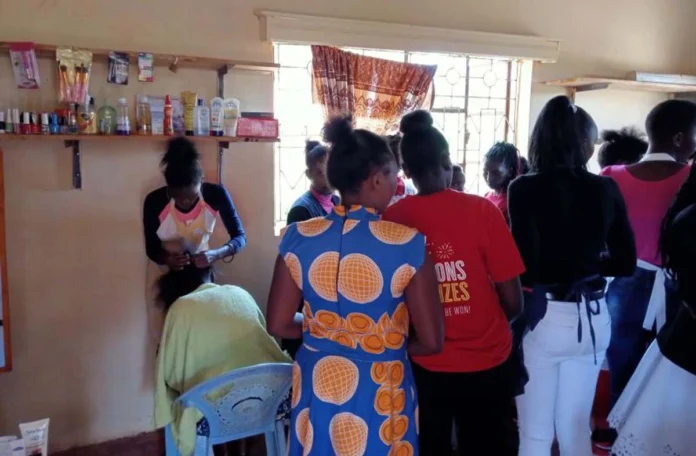The World Bank has rolled out a cash transfer program that is intended to help reduce teen pregnancies and allow adolescents-especially teenage mothers to stay in or return to school. Christened Cash-plus Programme, the project will target 20,000 poor households in Kenya and be implemented alongside the government’s Inua Jamii National Safety Net Programme (NSNP).
Addressing Teen Dropouts and Early Pregnancies
The program launch comes amidst a high rate of school dropouts among adolescents aged between 10–19. According to statistics, pregnancy and early marriages are leading to dropping out of school among teens. In 2023, pregnant adolescents dropped by 1.9% to 253,314; however, the numbers are still alarming.
The Cash-plus Programme provides financial incentives to poor families for education, while requiring that adolescents stay in, or return to, school. The World Bank defines success as years of schooling added or the re-enrolment of dropouts. For those who are unable or unwilling to go back to school, vocational skills training will be provided instead.
Supporting Services
Beyond monetary support, the program encompasses other services to meet broader challenges during adolescence, including:
- Social and Behavioral Change Activities: Targeting parents and communities to create a supportive environment.
- Case Management and Psychosocial Support: To serve young mothers and other vulnerable adolescents.
- Life Skills Training and Mentorship: Resilience building and promoting positive peer relations.
- Childcare Support: For school-going teenage mothers.
Collaboration and Monitoring
The Ministry of Education (MoE) and the Directorate of Children’s Services (DCS) will also be involved in the implementation and monitoring of the programme in relation to regular school attendance and flagging of risk factors for appropriate intervention. Similarly, awareness creation and protocols of data sharing among these agencies aim at ensuring that this operation works smoothly.
Critics and Challenges
Critics say that paying children to go to school devalues the intrinsic value of education and commercializes the process. But the World Bank argues that too often, for financial reasons, adolescents are pushed into child labor or early marriages, making it impossible for them to continue their education.
A Broader Vision for Inclusion
The Cash-plus Programme is one of the interventions that are implemented within the Second Kenya Social and Economic Inclusion Project that seeks to enhance social inclusion of households. This is against the background that 1.13 million children of primary school age have dropped out of school and the programme could be a life saver for those who are likely to drop out.
Through addressing the structural barriers that affect education, the initiative wants to enable the youth in Kenya become agents of change by providing them with an opportunity to rise out of poverty and acquire marketable skills. The end vision is to eradicate poverty and create an educated and strong nation.

